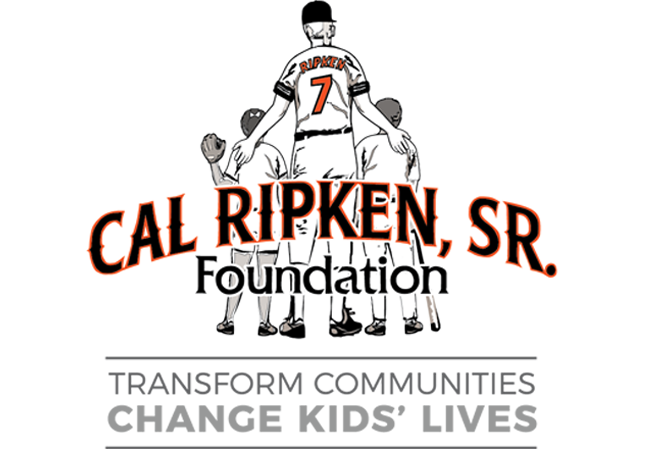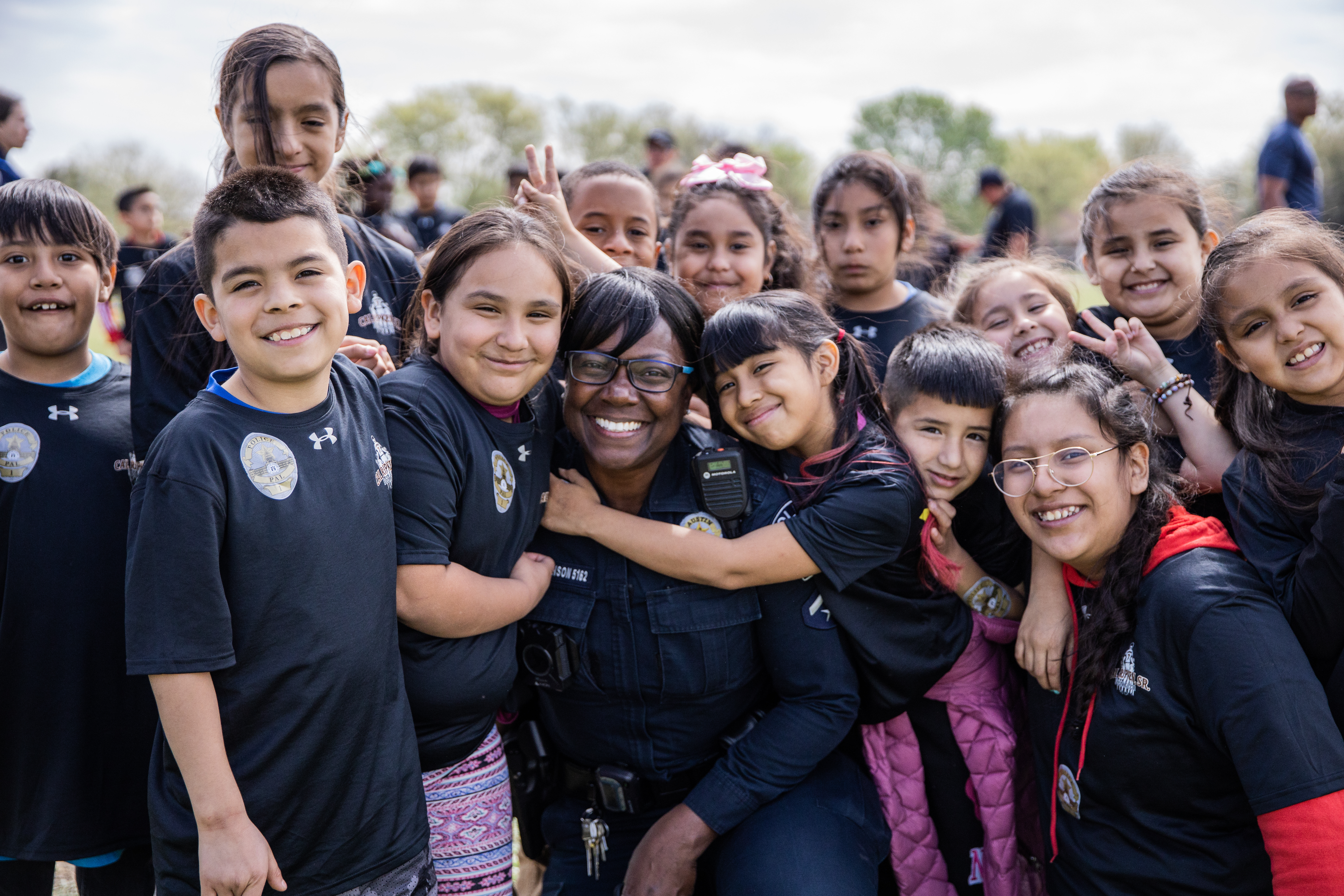At the Cal Ripken, Sr. Foundation, our flagship program, Badges for Baseball, pairs youth with local law enforcement officers who teach important life lessons like respect and teamwork. We believe that strengthening these relations between law enforcement and at-risk youth during their critical middle school years will give kids a strong foundation to make positive life choices and open doors to brighter futures.
One such supporter of our Badges program is The Office of Juvenile Justice and Delinquency Prevention (OJJDP), whose mission is to prevent juvenile delinquency, improve the juvenile justice system, and protect children by supporting efforts to develop and implement effective programs for juveniles.
A recent article published by OJJDP, “Interactions between Youth and Law Enforcement,” details several types of programs which help better community relations between kids and law enforcement. OJJDP endorses “Prevention Programs” like our Badges program which are structured around “specific goals,” and often aim to “improv[e] law enforcement and youth interactions, primarily by having police officers implement the programs” (15).
Our Badges curriculum is an adaptable type of “Prevention Program,” as it provides a framework for existing youth organizations to mobilize local law enforcement officials to actively mentor the youngest members of their communities through recreation.
The OJJDP article goes on to explain, however, that the U.S. is in great need of such “Prevention Programs.” In 2008, of all 40 million U.S. residents experiencing “face-to-face contact” with law enforcement officers, over one third of these interactions were between individuals under 18 (2). The article further explains that studies show how “demographic factors, community factors, and perceptions of procedural justice impact youths’ perceptions of and attitudes toward law enforcement” directly influence kids’ “willingness to engage with police” (16).
To combat such statistics, our Badges for Baseball program gives kids routine, positive interactions with local law enforcement, helping them creating trusting relationships and look to local officials as mentors and friends invested in their safety and growth. Likewise, we also believe our programs act as a blueprint to help law enforcement officials more easily open channels of dialogue and mutual trust with communities, who according to OJJDP, are statistically are more inclined to mistrust local officials (9).
In 2019, our Badges program paired over 40,000 youth with over 3,000 local law enforcement mentors in 28 states, Washington D.C., and Puerto Rico. Though we routinely witness positive outcomes proving the effectiveness of the Badges program, the University of Michigan school of Public Health conducted a study from 2016-2018 certifying Badges’ efficacy.
The conclusions drawn from University of Michigan study shows that Badges for Baseball participants are significantly stronger on a variety of developmental outcomes. The Badges for Baseball participants reported higher relationship skills, psychological well-being, personal values and behaviors as well as a decrease in risky behaviors. They also reported significantly better outcomes than non-participants at the end and three months after the completion of the program.
As our law enforcement mentors are routinely active in the lives of our kids in a fun, after school environment, we know that with every lesson – on and off the field – our Badges for Baseball program is an effective “Prevention Program” which breaks down barriers, strengthens at-risk communities, and guides our kids toward positive futures.
“Interactions Between Youth and Law Enforcement.” Literature Review: A Product of The Model Programs Guide. OJJDP, January 2018: 2, 9, 15, 16. Web. 12 February 2020.

